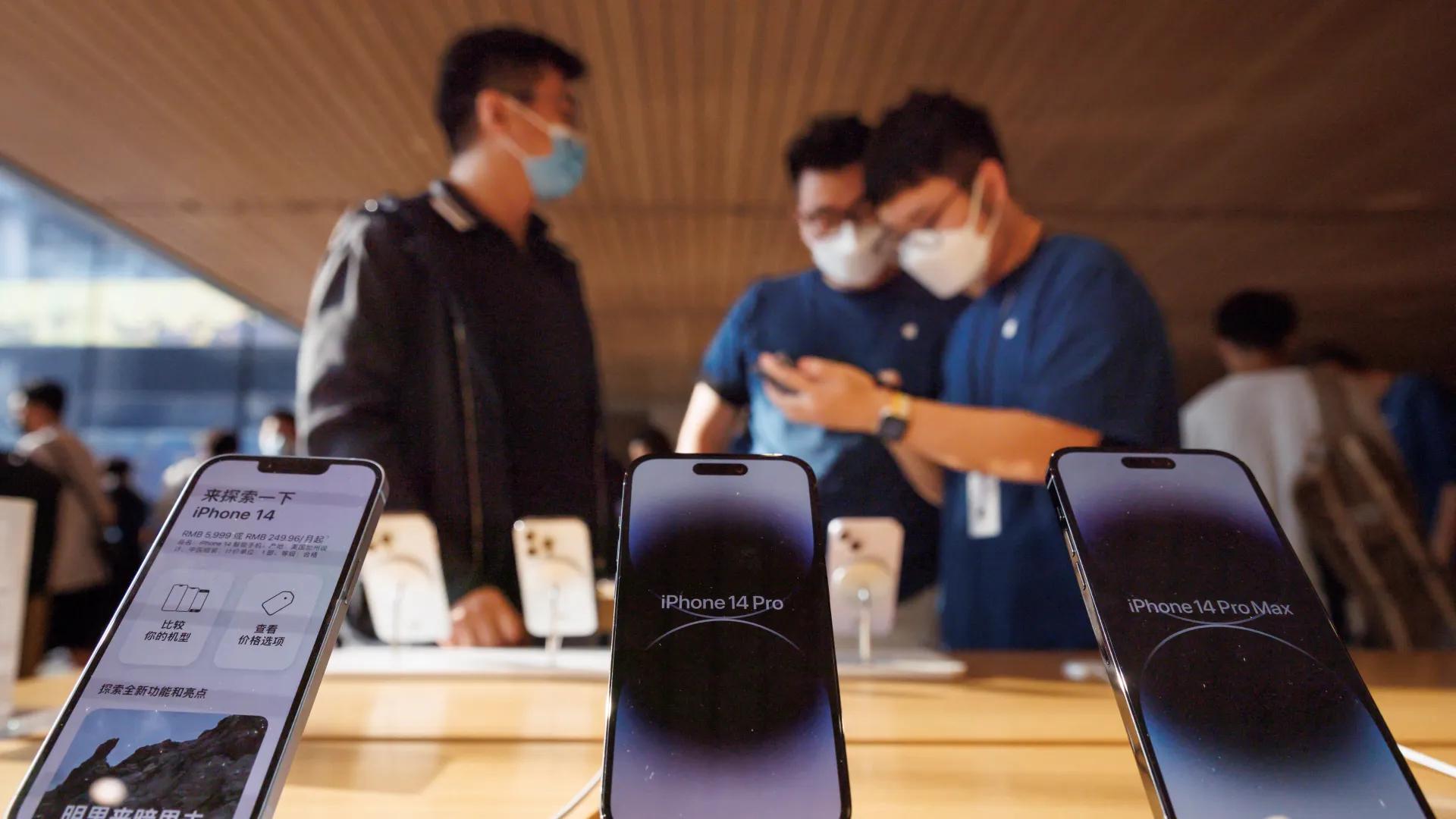In a bid to address one of the most pressing environmental issues, a team of international researchers has developed a biodegradable material that can help reduce plastic pollution. Dubbed “living plastic,” the material is made from bacterial spores of a strain of ‘Bacillus subtilis,’ a common soil bacteria. The scientists have published their findings in the journal Nature Communications.
The new material, a soft thermoplastic polyurethane, can be used to make products such as footwear, mats, cushions and memory foams. The bacterial spores used in the material are resistant to harsh environmental conditions. The researchers introduced the bacterial spores and thermoplastic polyurethane granules into a pressing machine where they were mixed and melted at high temperatures.
The biodegradability of the material was evaluated by exposing it to compost materials, where it degraded by 90% within five months. The researchers believe that the bacterial spores in the degraded material are harmless as ‘Bacillus subtilis’ is considered non-toxic and even beneficial for plant health. The bacterial spores were modified to withstand high temperatures required for polymer production.
While the study was conducted on a small scale in a laboratory, the researchers are working to optimize the process for industrial-scale production of this self-destructing plastic material. Their hope is that this innovation can help reduce plastic pollution and contribute to a more sustainable future for our planet.
:quality(75)/cloudfront-us-east-1.images.arcpublishing.com/elcomercio/FFEMHQSMAVBPLKPEWGBY6WAA5Y.jpg)


